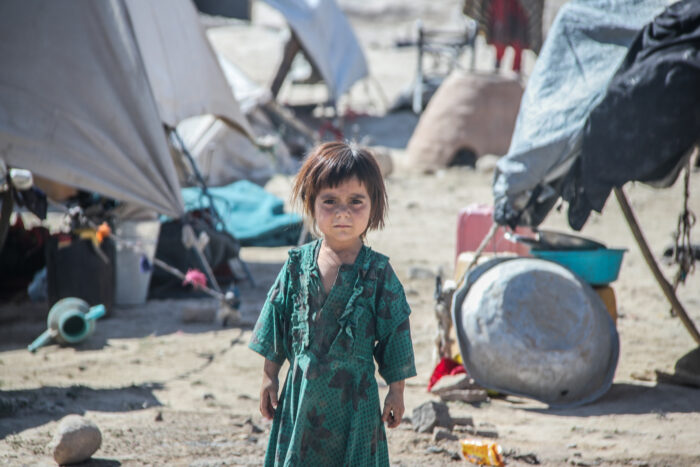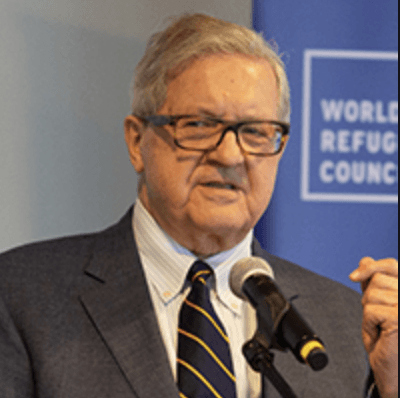This World Refugee Day marks a terrible global milestone: more than 100 million people around the world are now forcibly displaced from their homes by conflict, attacks on human rights and, to a growing extent, climate emergencies.
Russia’s unprovoked invasion of Ukraine and the collapse of Afghanistan’s Western-supported government have dramatically added to displacement happening around the world, from Burkina Faso to Venezuela and dozens of other countries and regions.
As UN High Commissioner for Refugees Filippo Grandi noted, “One hundred million is a stark figure — sobering and alarming in equal measure. It’s a record that should never have been set. This must serve as a wake-up call to resolve and prevent destructive conflicts, end persecution, and address the underlying causes that force innocent people to flee their homes.”
Three years ago, when our Council issued Un llamado a la acción: Transformar el sistema global de refugio, the problem was already dire. Council members documented failures to hold government and individual leaders to account for causing displacement, the inability to provide sustainable funding to confront the problem, and neglecting to directly involve displaced persons, especially women and girls, in seeking solutions.
Most importantly, we stressed that the crisis the global community faces is not a refugee or displacement crisis, but a political crisis. It is quite simply a failure of the political will and leadership needed to confront these problems.
While daunting — more than one percent of the world’s population is now displaced — it is a problem that can be solved through collective action, humanity and empathy to counter the xenophobic impulses of so many of our political leaders.
Our departed honorary chair, friend and colleague Madeleine Albright put it best: “As a refugee myself…I understand how important it is to be received somewhere with respect and a sense that you are not just a problem for everybody, that it’s a human issue, and you are opportunity.”

